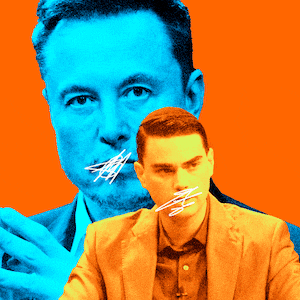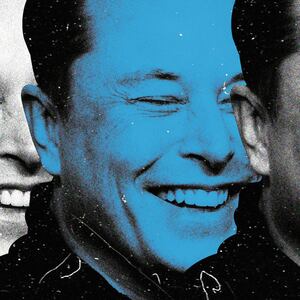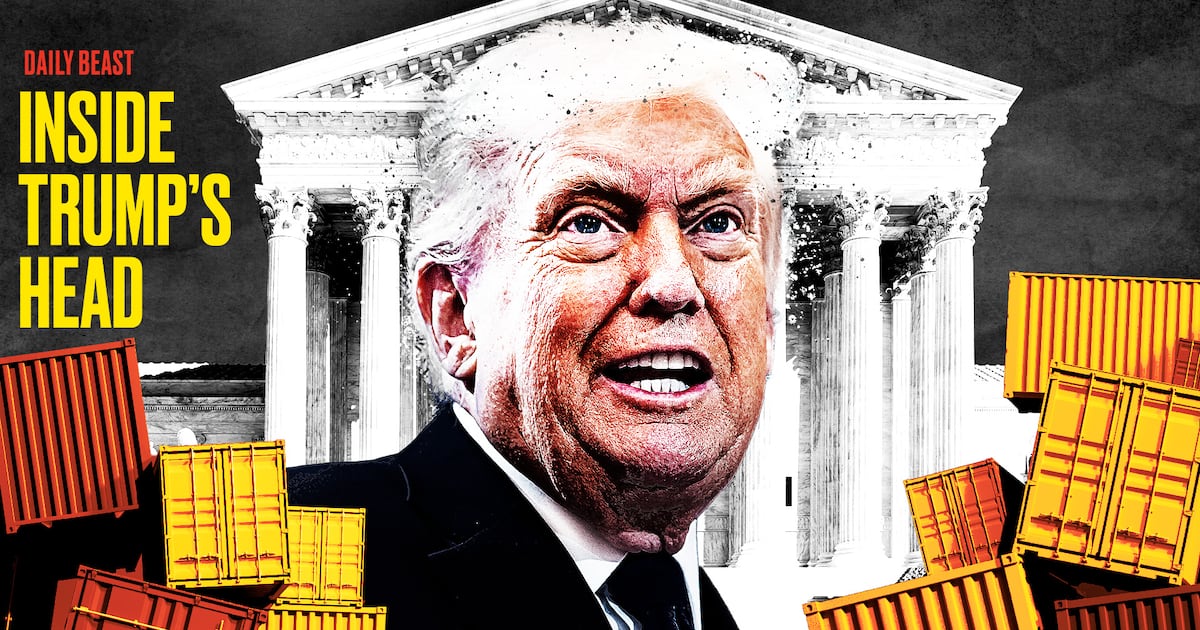When self-described “free speech absolutist” Elon Musk purchased Twitter, now “X,” he cast himself as a champion of democracy who was going to restore free speech to the platform. Musk was very clear about what this meant: On multiple occasions, he said that by “free speech,” he meant allowing any speech that did not break the law. In the U.S., that would mean applying the First Amendment’s standards to content moderation.
Musk just broke that promise…again.
The latest casualty in the free speech wars comes amid the Israel-Hamas war. Musk declared Friday that controversial pro-Palestine phrases like “decolonization” and “from the river to the sea, Palestine will be free,” in his view, “necessarily imply genocide” and using them will therefore “result in suspension.”
That’s right: Elon Musk’s “free speech” platform just dubbed some of the most popular slogans from one side of the most pressing political debates of our time off-limits. His stated justification is that “clear calls for extreme violence are against our terms of service.”
There are several problems with this.
For one, it’s hardly “clear” that these phrases are inherently calls for extreme violence. Nothing about the words themselves is specifically violent, and many activists who use these terms insist that they are not intended violently.
To be fair, pro-Jewish and pro-Israel groups do have a credible argument that “from the river to the sea” inherently involves the destruction of Israel and the killing or forced displacement of millions of Jewish people. The Anti-Defamation League (ADL) labels the phrase an “antisemitic slogan” and says it “has the effect of making members of the Jewish and pro-Israel community feel unsafe and ostracized.”
So, is the phrase hateful or implicitly violent? Personally, I think it very well may be, but that’s very much a matter of opinion.
And one thing that’s not up for debate is that, whatever one thinks of phrases like “decolonization” and “from the river to the sea,” they absolutely constitute First Amendment protected speech.
No serious legal scholar would argue they come anywhere close to meeting the extremely narrow First Amendment exception for incitement of violence, and any government official who tried to ban the phrases would almost certainly lose in court.
If Musk actually meant it when he said all legal speech would be allowed on X, these phrases wouldn’t be censored.
But at this point, it’s clear that he didn’t mean it at all. In just a little more than a year in charge of Twitter, Musk has waffled on his free speech promises too many times to count.
For starters, Musk banned Ye (the artist formerly known as Kanye West) for tweeting a swastika-styled Jewish star. While vile and hateful, Ye’s posts were absolutely within the bounds of the law.
Musk also suspended journalists, myself included, who shared accurate information about a planned “Transgender Day of Vengeance” and journalists who shared accurate information about mass shootings.
Even worse, in a fit of rage prompted by Substack launching a Twitter competitor, Musk temporarily throttled journalists’ posts linking to their work on Substack. He also labeled “cisgender”—a term used to refer to people who are not transgender—as a “slur” and said people who repeatedly used it would face suspension. (“Cisgender” isn’t really a slur, but even if it was, slurs are protected by the First Amendment.).
Oh, and Musk complied with requests from the Indian government to block and throttle content that they dislike—even restricting some tweets’ visibility worldwide, not just in India.
This record of inconsistencies is what prompted the nonpartisan Foundation for Individual Rights and Expression (FIRE), to conclude, “For all the talk of Twitter being a digital town square, it is ultimately more like Elon Musk’s house party. He is free to run it however he likes, and we are invited only if—and only for as long as—he likes.”
Without a hint of irony, just one day after announcing his latest censorship of pro-Palestine slogans, Musk posted on Twitter that “Above everything, including profit, X works to protect the public’s right to free speech” because “for speech to be truly free, we must also have the freedom to see or hear things that some people may consider objectionable.”
Perhaps even more ironically, Musk has sued or threatened to sue various organizations that say X has increasingly become a safe space for various forms of bigotry and disinformation under his watch. Just this weekend Musk threatened a “thermonuclear lawsuit” against Media Matters after the group pointed out that major advertisers’ ads were appearing beside overtly racist ads.
Musk paid $44 billion for the platform, so he has every legal right to run it however he wants. But he cannot rule over “X” with arbitrary, inconsistent, and fluctuating dictates and claim with any credibility to be a “free speech absolutist.”









